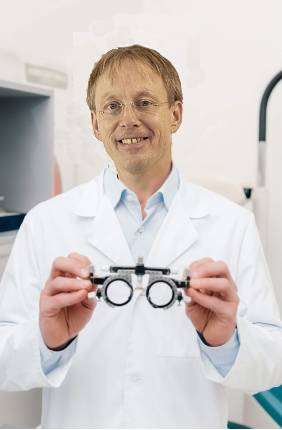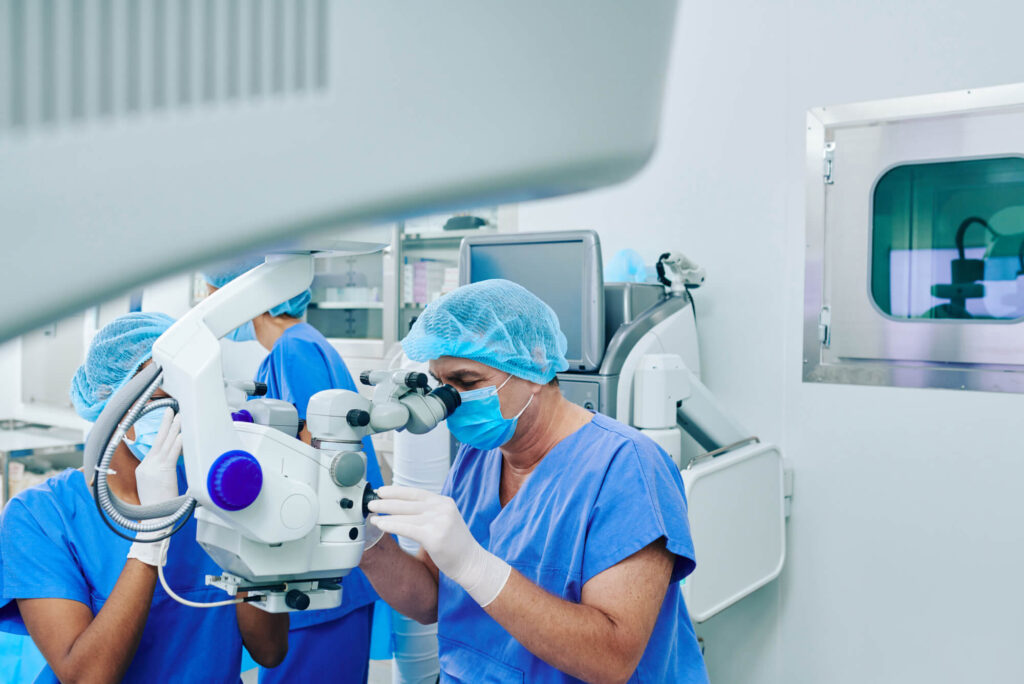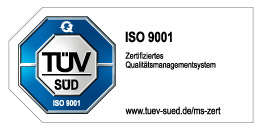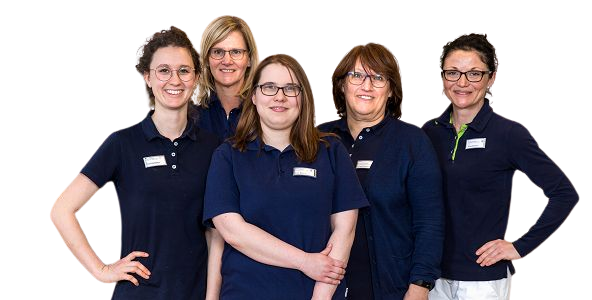Disclaimer and Privat Policy
The information provided on the website of AOZM.de Eye Surgery Clinic is intended for general informational purposes only and is not intended to be a
Group of eye surgeons dr. med. Antje Rehfeld and professor h.c. Dr. med. Ulrich Schaller. Visiting ophthalmologists at the Eye Clinic Herzog Carl Theodor
For international patients only!
Phone : +491767223799 WhatsApp
Email: info@aozm.de


Dear Patient,
as operating ophthalmologists at the traditional eye clinic Herzog Carl-Theodor, we warmly welcome you to our ophthalmology practice.
Thanks to our high level of commitment and qualifications, together with our experienced practice team and the latest technical equipment, we can offer you, the patient, a comprehensive range of ophthalmology in accordance with the latest medical standards.
Dr. med. Antje Rehfeld and Leading Dr. med. Ulrich Schaller
Schedule an appointment as soon as possible. Meet and great at the airport and transfer service. Translation service. Personal treatment approach. No pain solutions!
We are using latest technologies for the best results on diagnostic and treatment.
Constantly available ophthalmological emergency service outside the office hours for patients in our practice.






Eye Surgeon

Eye Surgeon

Frau Durisevic, Frau Bequiraj, Frau Wagner, Frau Raupp
The information provided on the website of AOZM.de Eye Surgery Clinic is intended for general informational purposes only and is not intended to be a
The surgery is performed under local anesthesia. Monitoring by attending anesthesiologists is standard; sedatives can be administered as needed. Worldwide, cataract surgery is one of
Lorem ipsum dolor sit amet, consectetur adipiscing elit